Which material is the most durable for plastic sheet protective films
2025-08-05
Protective Film Types for Plastic Sheets
1. Polyethylene
This type of protective film offers excellent flexibility and impact resistance, making it less susceptible to damage from minor bumps or friction during daily use. Its stable molecular structure makes it less susceptible to temperature fluctuations, maintaining excellent physical properties at room temperature. Polyethylene also possesses a certain degree of corrosion resistance, making it less susceptible to aging or deterioration when exposed to common acids and bases, making it suitable for protecting plastic sheets in general indoor environments.
2. Polyvinyl Chloride
This type of protective film offers high hardness and abrasion resistance, effectively resisting scratches from sharp objects. It also has excellent tensile strength and is less prone to tearing during installation and use. However, PVC is susceptible to deformation in prolonged high-temperature environments, making it more suitable for use in relatively stable temperature environments, such as protecting plastic panels on indoor furniture or equipment.
3. Polypropylene
This type of protective film offers excellent weather resistance and resistance to UV rays, making it less susceptible to yellowing or brittleness after prolonged exposure to sunlight. Its smooth surface resists dust absorption, eliminating the need for harsh detergents during daily cleaning, minimizing damage to the protective film caused by improper cleaning. Polypropylene offers strong chemical resistance, resisting penetration or residue from common stains like oil and water, ensuring long-term protection.
4. Polyester
As a high-strength protective film material, polyester offers excellent tensile and tear resistance, making it resistant to damage even under significant impact. Its outstanding high-temperature resistance allows it to maintain a stable structure and performance even at high temperatures, making it suitable for protecting plastic panels that may be exposed to heat. Furthermore, polyester's high transparency prevents blurring or discoloration after long-term use, ensuring a balanced appearance and protection.
Key Features Summary:
- Polyethylene: Excellent flexibility and impact resistance
- Polyvinyl Chloride: High hardness and abrasion resistance
- Polypropylene: Excellent weather and UV resistance
- Polyester: High-strength with excellent tensile resistance
You Might Also Like
-
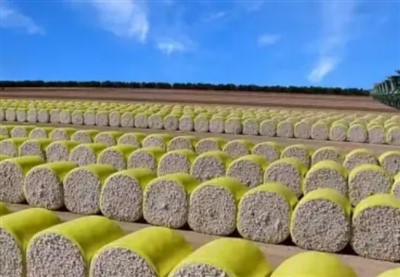
what are the advantages of cotton packaging film
-
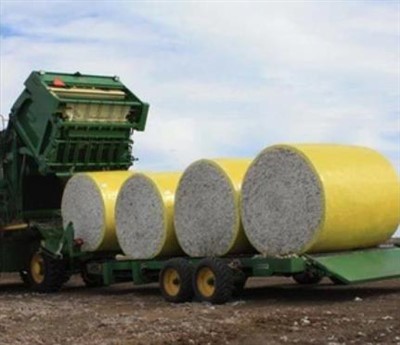
The Advantages of Cotton Wrap Film
-
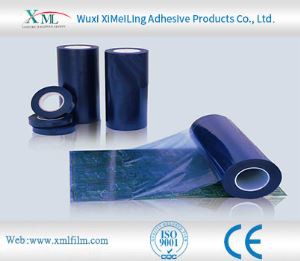
How does pe protective film cope with high temperature environment
-
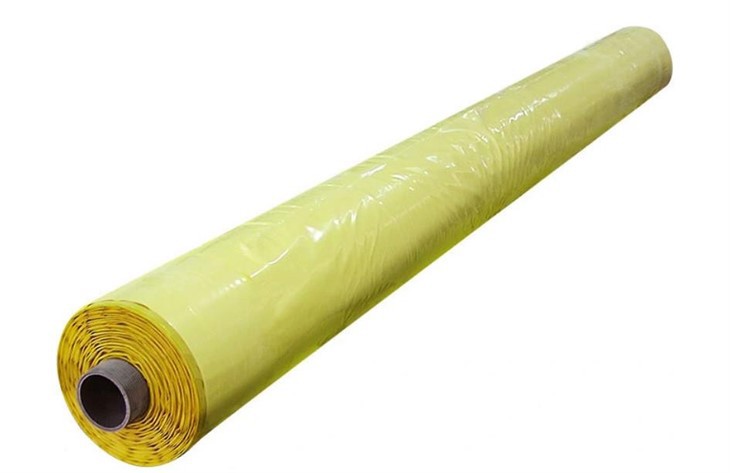
Advantages of Cotton Bale Wrap Film
-
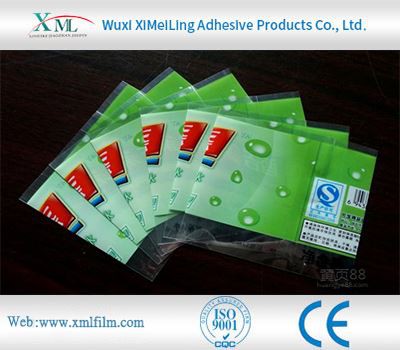
How Polyethylene Packaging Material Copes with High Temperature Environment
-
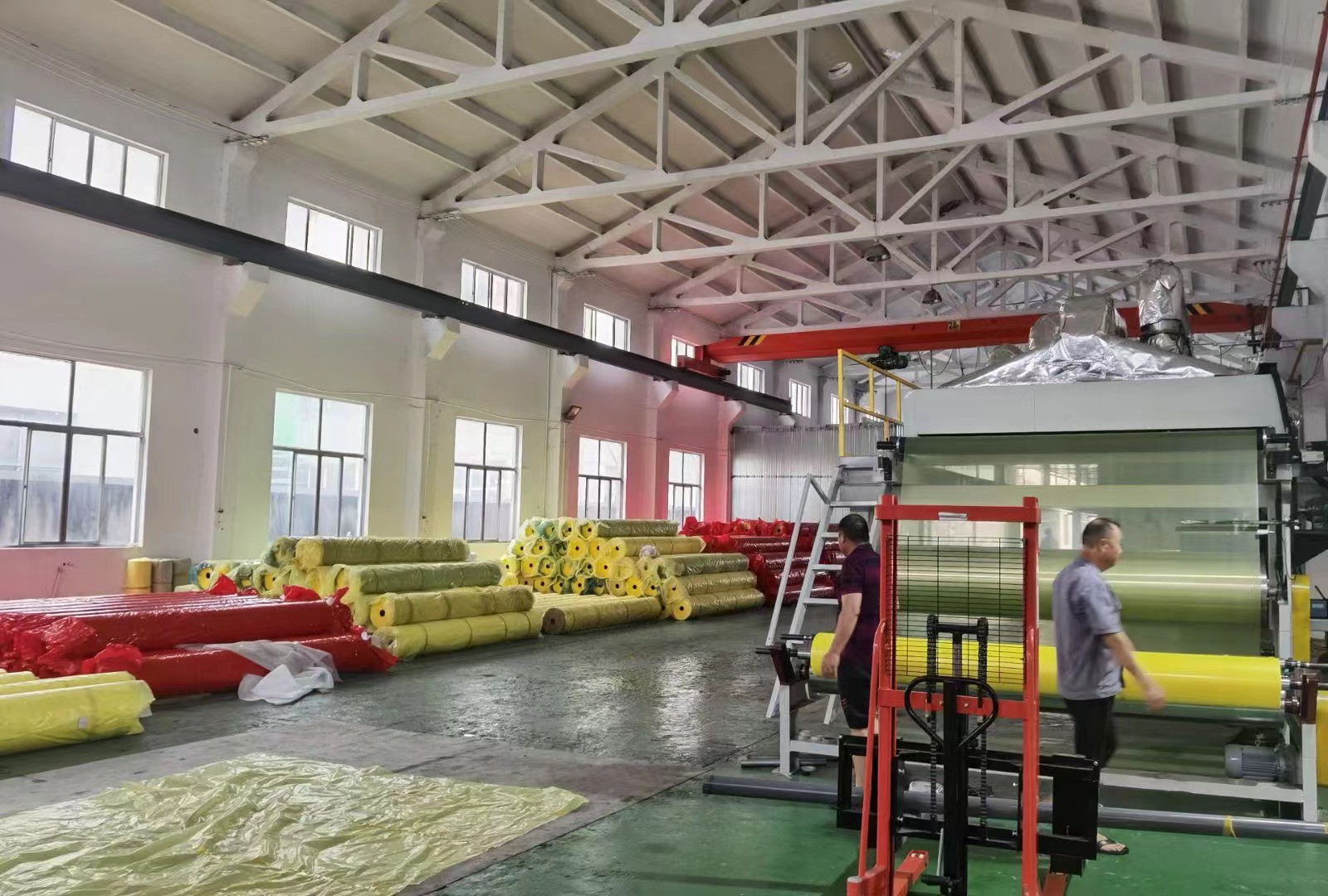
Storage method of cotton bale wrap film
